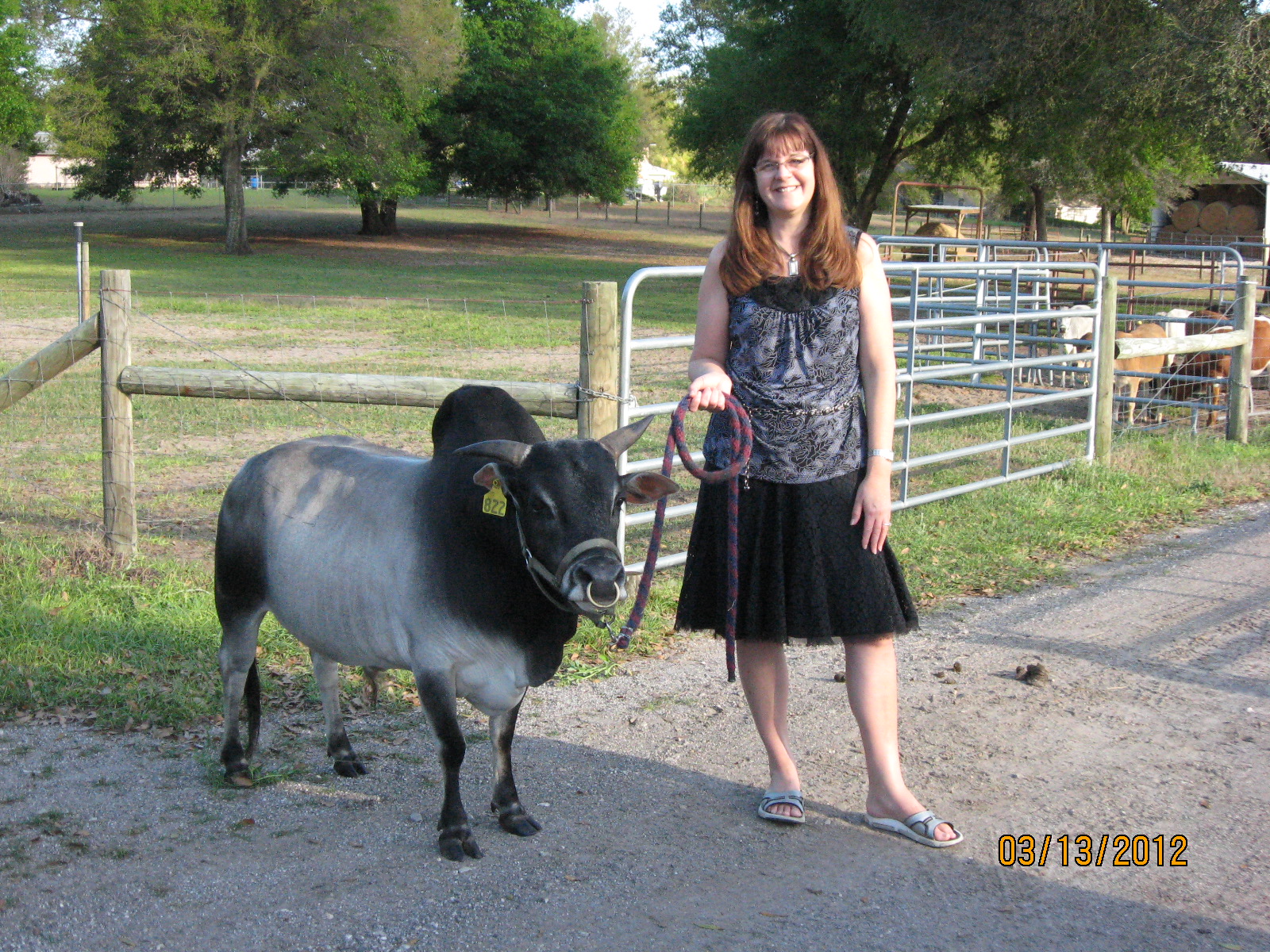7 Reasons Miniature Zebu Cows Are Perfect for Small Farms

Introduction
In the world of sustainable farming, miniature Zebu cows are emerging as a game-changer for small-scale operations. These pint-sized cattle, originally from South Asia, pack a punch in terms of adaptability, efficiency, and charm. Whether you’re a hobby farmer, homesteader, or simply looking to diversify your livestock, miniature Zebu cows offer a unique blend of benefits. Here’s why they’re the perfect addition to small farms.
1. Compact Size, Big Impact
Miniature Zebu cows are a fraction of the size of traditional cattle breeds, standing between 30 to 44 inches at the shoulder. This compact stature makes them ideal for small pastures and limited acreage. Unlike larger breeds that require expansive grazing areas, Zebus thrive in confined spaces, reducing the need for extensive fencing or land expansion. Their smaller size also means they consume less feed, making them cost-effective for farmers with limited resources.
2. Hardy and Heat-Tolerant
Originating from the scorching climates of South Asia, miniature Zebus are built to withstand extreme heat. Their distinctive hump stores fat, which they metabolize during periods of scarcity, and their loose skin acts as a natural insulator. This adaptability makes them ideal for regions with hot summers or unpredictable weather patterns. Unlike some cattle breeds that struggle in heat, Zebus remain productive and healthy, reducing the need for additional cooling measures.
3. Low Maintenance and Disease-Resistant
Miniature Zebus are renowned for their hardiness and resistance to common cattle diseases. Their natural immunity to parasites like ticks and worms reduces the need for chemical treatments, aligning with organic and sustainable farming practices. Additionally, their efficient grazing habits minimize overgrazing, preserving pasture health with less intervention.
4. Gentle Temperament, Easy Handling
Despite their sturdy build, miniature Zebus are known for their docile and friendly nature. This makes them easier to handle, especially for first-time farmers or families with children. Their calm demeanor reduces the risk of accidents during routine tasks like milking, breeding, or moving them between pastures.
“Miniature Zebus are like the golden retrievers of the cattle world—friendly, easygoing, and always a joy to work with.” – Small Farm Owner, Texas
5. Sustainable Meat and Dairy Production
Miniature Zebus may be small, but they’re highly efficient producers. Their lean meat is prized for its low fat content and rich flavor, making it a premium product for niche markets. Additionally, Zebu cows produce A2 milk, which is easier to digest for some people compared to conventional A1 milk. Their smaller milk yield is perfect for households or local sales, reducing waste and aligning with the farm-to-table movement.
| Trait | Benefit |
|---|---|
| Lean Meat | Healthier, high-demand product |
| A2 Milk | Easier digestion, niche market appeal |

6. Environmental Sustainability
Miniature Zebus have a significantly lower environmental footprint compared to larger cattle breeds. Their efficient grazing habits improve soil health by reducing compaction and promoting grass growth. Additionally, their lower methane emissions contribute to a smaller carbon footprint, making them an eco-friendly choice for sustainable farming.
7. Cultural and Aesthetic Appeal
Beyond their practical benefits, miniature Zebus add a unique touch to any farm. Their distinctive appearance—with humps, dewlap, and large ears—makes them a conversation starter and a draw for agritourism. Many farmers also appreciate their cultural heritage, as Zebus have been revered in South Asia for centuries.
Conclusion
Miniature Zebu cows are more than just a cute addition to small farms—they’re a practical, sustainable, and profitable choice. Their compact size, hardiness, and versatility make them ideal for farmers looking to maximize efficiency while minimizing costs. Whether you’re raising them for meat, dairy, or simply as part of a sustainable lifestyle, miniature Zebus are a breed worth considering.
How much land do miniature Zebu cows need?
+Miniature Zebus require approximately 1-2 acres per animal, depending on pasture quality and supplemental feeding.
Are miniature Zebu cows good for beginners?
+Yes, their gentle temperament and low maintenance needs make them an excellent choice for first-time farmers.
Can miniature Zebus tolerate cold climates?
+While they prefer warm climates, Zebus can adapt to colder weather with proper shelter and care.
What is the lifespan of a miniature Zebu cow?
+Miniature Zebus typically live between 15 to 20 years with proper care.
How much milk does a miniature Zebu cow produce?
+
On average, a Zebu cow produces 2-4 gallons of milk per day, depending on diet and management.



